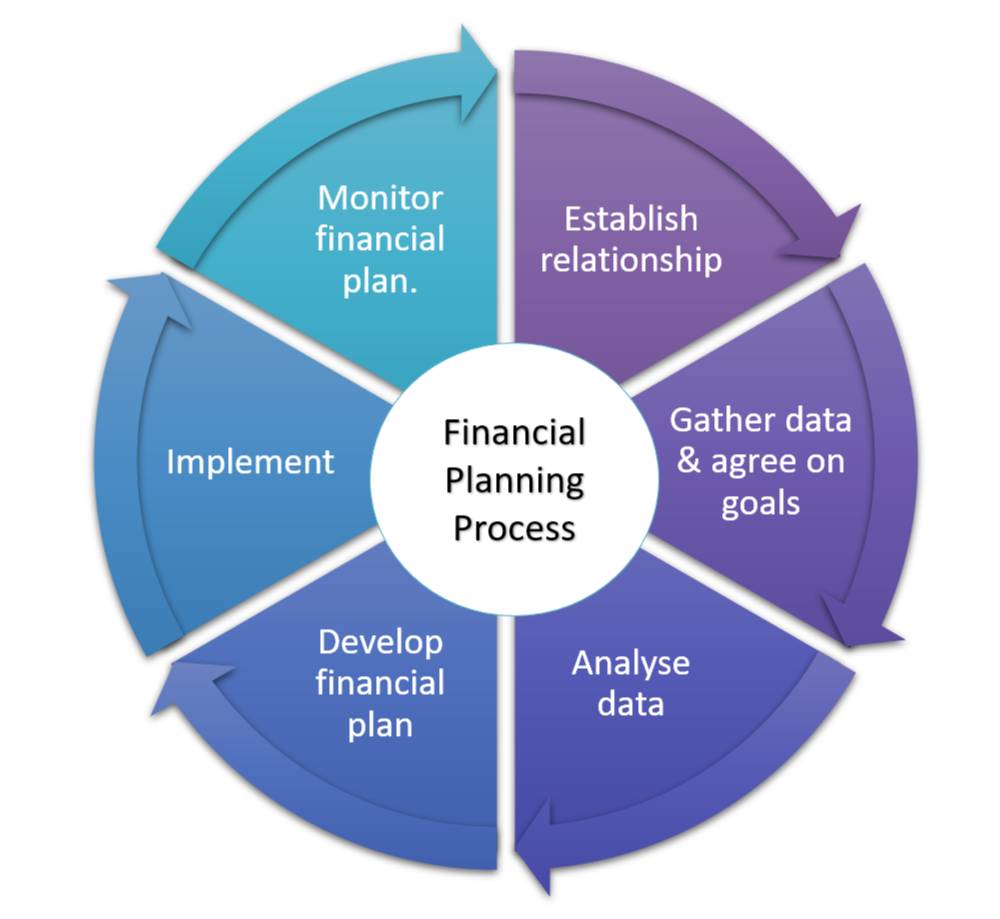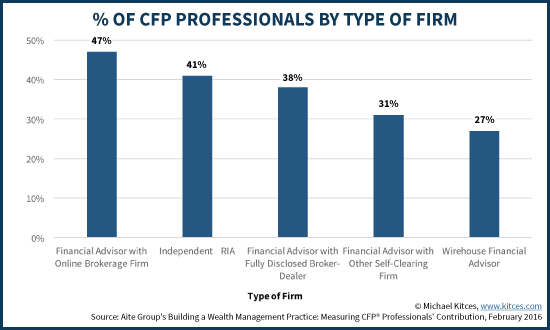
Scope of a financial planner in India.
What is the scope of a Financial Planner in India?
In a market overflowing with banks financial services from government endowed investment schemes to mutual funds; each of them claiming to be the right place to put your hard earned money to watch it grow, there is an unprecedented need for appropriate guidance so that you choose what’s best and don’t end up bearing losses. Considering how the money game is virtually alien to the commoner, there is a need for a stable, well-read professional to help people in achieving their financial goals. This is where the role of a professional financial planner comes in.
Going by a variety of titles; wealth managers, relationship managers, personal portfolio managers, are all different names but the sole purpose of this person is to help you choose how best to invest your money keeping in mind the various market factors conditions. They are supposed to study the market for you and give you the best possible financial service offering to earn monetary profits on your investments without bearing too much risk.
Certified financial planner
With the boom in financial planning careers in the country, a lot of youngsters have taken up this certification and gone on to become financial analysts, accountants, investment banking professional, research analysts for huge organizations, working with renowned banks, financial fund managers and so on. Certified by the Financial Planning Standards Board or the FPSB India, the Certified Financial Planner course is the first step in making a sound career in the current financial industry; in terms of scope of growth and earning capacities.
What are the benefits of being a CFP certificate-holder?
It opens new doors, to say the least; this certification helps you in looking towards a range of career options in money management. You could be working with personal financial planning firms, mutual fund/insurance firms, financial management firms, and distribution houses etc.
Entrepreneurship is another great option with the CFP certification exam. Clients will develop an amount of trust in you with their financial products only when they know you are certified and understand the ins and out of your trade like no other. Same reason we would go to a certified medical practitioner when we fall ill rather than a roadside concoction peddler. Right from constructing efficient financial plans to earning handsome commissions for your advice on mutual funds and insurance etc; you are going to be a part of a huge money game.
What is the career path of a certified financial planner?
There are several renowned surveys that indicate that a CFPCM certification brings the much-required stability and dignity in the ever-dynamic career of a finance professional. Right from giving them the freedom to think about an independent career where they are their own boss or the ability to get employed with some of the best brands such as HSBC bank, Kotak Mahindra, ICICI Prudential, DSP Merrill Lynch and mutual funds and so on. So much so that several brands are offering special benefits to employees to take up this certification while on the job besides waiving a part of the CFP exam fee for them.
One of the primary motives of any certification is to open a new scope for career growth; it is heartening to see that there is enough and more scope for the same in India. There are only close to 2000 CFP professionals in the country, which indicates scope for a steady rise in terms of good earnings after entering this field. Studies show that there is going to be the requirement of more than 50,000 CFP professionals in the time to come, considering the ever-changing financial scenario in the country.
Statistically speaking, there are close to 2.05 crore people paying taxes while only a fraction of the same is sound professional financial advisors to help them with the nitty-gritty of the same. This means that there is enough job security in this field it is only going to get better in the future.

6 steps of the financial planning process
Strong communication skills and a people-friendly personality are very essential traits in this trade. A client has to be able to trust you enough to let you sort their life’s savings for them. You have to be sharp and analytical, with a calm and problem-solving approach towards their account. You should be able to process information quickly and demonstrate a lot of creativity, in terms of finding the best possible solutions according to a client’s specific needs and requirements. Having said that, one of the most essential requirements of this trade is for you to be able to personalize the experience for the client; listen to and react to their questions and concerns in the most customized manner.
There are several different verticals that open up for you as a professional once you take up a CFP certification. With jobs offered in some of the top banks, financial boutique investment firms, independent financial institutions, financial product service providers, mutual funds and insurance firms etc, there is a sea of options to select from. Job profiles will range from a chartered accountant, cost accountant, chartered financial analyst, certified public accountant and so on.
How to become a certified financial planner?
Now coming to the most important question; how does one become a CFP?
Exams:
There are five exams that one needs to appear for and clear in order to derive the certification in case of a regular pathway or if you choose a working professional pathway you have to give only one Advance financial planning exam.
Eligibility:
12th standard pass or equivalent in any stream/ or a working professional
Experience:
There is a requirement of 3 years working experience in a bank or financial institute, or a five-year experience in a related vertical of the financial services industry.
Ethic/code of conduct:
After completing these exams, the candidate is required to sign a declaration that states that they will adhere to the set of rules and regulations by the Financial Planning and Standards Board India.
Exam frequency:
The exam opens three times in a year, March, July and November respectively. Most candidates take the exam multiple times, bettering their preparation each time around. This is important because even if you don’t pass in your first or second attempts, you should be willing to put in the extra effort and hard work in order to crack it the next time you take it.
Exam details:
The Advanced financial planning exam is 7 hours long with a 40 minutes break. You will, however, need to put in as many as a 1000 hours to prepare in order to be able to attempt these strenuous 7 hours. There are 170 multiple choice questions to be attempted along with a number of short or detailed case studies.
Subjects:
Several advanced financial planning, financial decision making, case studies books and modules have to be studied in order to attempt this examination.
Study tips:
Rational reasoning tops cramming any day. You need to understand the reasoning applied by the CFP board while grading of exams and work as closely as possible to that. Though memorizing concepts might feel like the best thing to do, they are seldom practical when it comes to real-world situations. One needs to work with dynamic scenarios keeping in mind all the outside factors that might tend to reflect on the results, rather than applying sole booking knowledge.
Apart from the above prerequisites, based on the investment products that you will distribute, you will need to register with the respective regulators, and obtain necessary certifications. For example, to become a mutual funds distributor, the Financial Planner needs to clear the NISM Series VA: Mutual Funds Distributors Certification Examination, conducted by NISM.
How much does a financial planner earn?
You obviously will be most interested in knowing how much you are going to be able to earn after having put in so many years of work in planning, studying and achieving your certification. There is no denying the fact that certifications improve your pay scale and even make you eligible to join the biggest brand names in the business.
Typically financial planners can earn 2-3 lakhs per annum at the entry-level positions, 4-7 lakhs pa in the mid-level position and above 10 lakhs pa in senior positions (depending upon the type of financial advice, planning, and size of client and longevity of the project.
If they work in an individual set up or earn handsome salaries if they are employed by renowned banks or investment firms the average earnings of a CFP are around Rs. 3.5 lakhs per annum.






